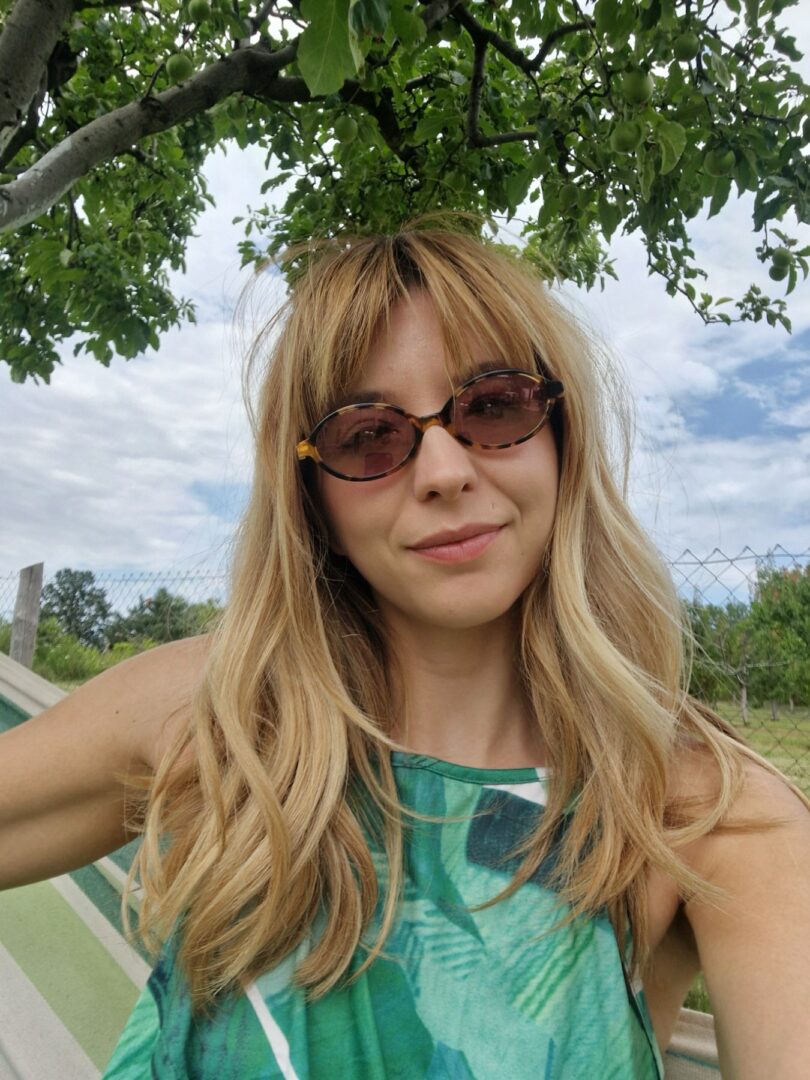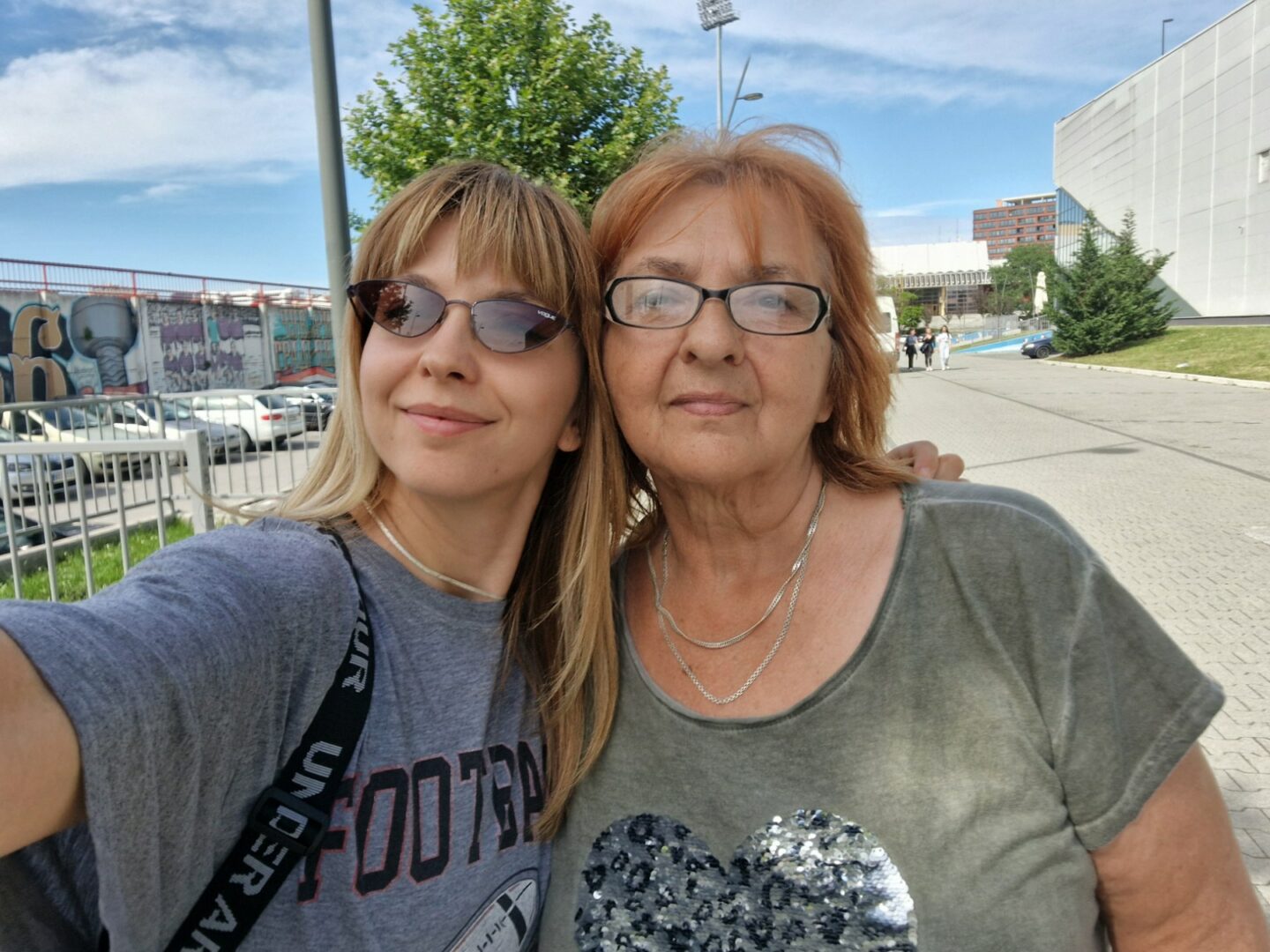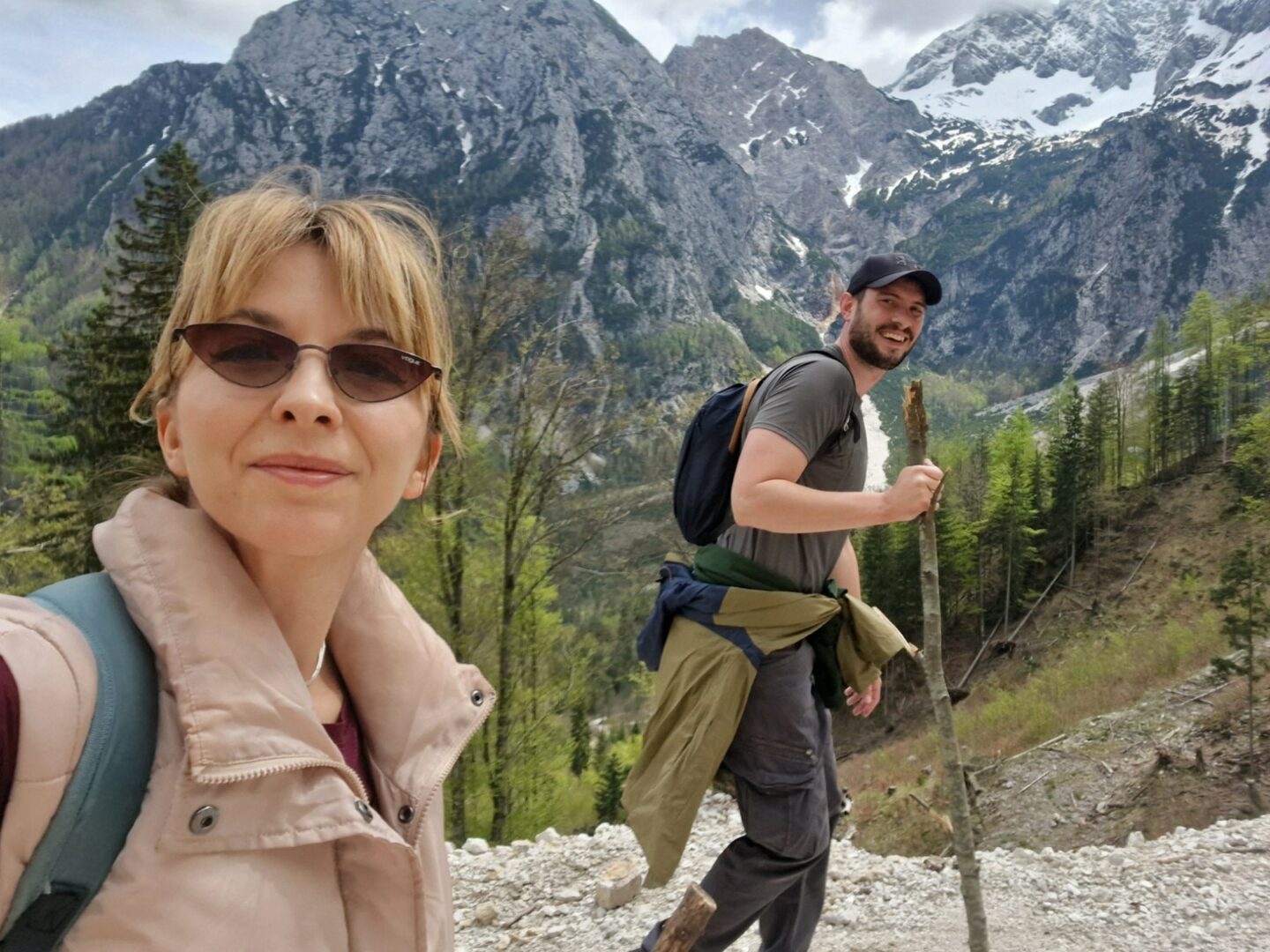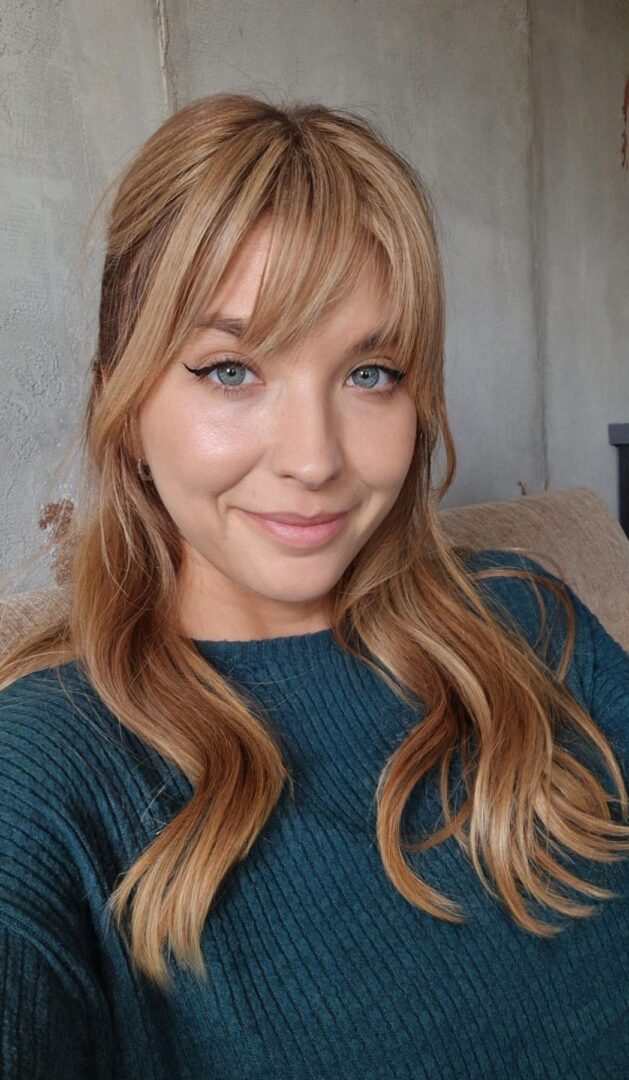Alright – so today we’ve got the honor of introducing you to Milana Lelovic. We think you’ll enjoy our conversation, we’ve shared it below.
Hi Milana, appreciate you sitting with us today to share your wisdom with our readers. So, let’s start with resilience – where do you get your resilience from?
Resilience, for me, comes from experience—being in difficult situations, taking risks, and learning how to navigate uncertainty. I wasn’t naturally resilient; if anything, I’ve always been more prone to overthinking and expecting the worst. But the more I’ve faced challenges, the more I’ve realized that struggle is rarely the end of the story. Life moves forward, and so do you.
The hardest moments feel overwhelming while you’re in them, but eventually, you look back and see how they shaped you. Resilience isn’t about avoiding fear or failure; it’s about going through them and coming out with a better understanding of yourself. Each time you handle something you once thought was beyond you, you expand the limits of what you believe you can take on.
It’s not about becoming immune to difficulty—it’s about trusting that no matter what happens, you’ll find a way through. Because you’ve done it before, and you’ll do it again.

Thanks, so before we move on maybe you can share a bit more about yourself?
I’ve always been fascinated by people—how we think, what motivates us, and how we function within groups and organizations. That curiosity led me to study psychology, and over time, I found my place in organizational psychology and HR. Work is such a central part of our lives, yet so often, the systems around it don’t actually support people in a meaningful way. That’s what I aim to change.
Today, I lead HR at Mailbird, a fully remote company with a global team, where I focus on building people-first processes, coaching managers, and ensuring that HR isn’t just a set of policies—it’s a foundation for how people work, collaborate, and grow. What excites me most about my work is the balance between structure and human dynamics. HR isn’t just hiring and compliance; it’s about understanding how people interact with systems, what actually keeps them engaged, and how companies can be designed in ways that work for both employees and business goals. Having worked across HR, finance, and operations, I’ve learned that organizations are complex, interconnected ecosystems.
But work doesn’t exist in a vacuum—and neither do businesses. That’s where my political science background comes in. While psychology helped me understand people, political science gave me the tools to see the bigger picture—how economic structures, policies, and societal trends shape our lives, including the way we work. Politics isn’t just about elections or what happens in government; it’s the air we breathe. It influences job markets, pay equity, corporate responsibility, and even the expectations we place on companies. Businesses, whether they acknowledge it or not, are part of a larger system, and the choices they make don’t just affect their bottom line—they ripple outward, shaping industries, economies, and people’s daily lives.
That’s the perspective I bring to my work: a mix of psychology, business, and an awareness that no company operates in isolation. Everything is connected, and the most effective solutions are the ones that acknowledge that complexity rather than ignore it.

If you had to pick three qualities that are most important to develop, which three would you say matter most?
1. One of the most valuable skills I’ve developed is the ability to recognize patterns—not just in data but in human behavior, decision-making, and organizational structures. Whether in HR, operations, or business strategy, the ability to step back and see how things connect makes all the difference. No challenge exists in isolation, and no solution should either. I think this came naturally from my background in psychology and political science—two fields that require you to look beyond surface-level explanations and ask why things work the way they do.
Advice: Learn to zoom out. Read across disciplines, study history, observe how systems function in different contexts. The best insights often come from outside your immediate field. Pay attention to patterns in your own experiences—what energizes you, what drains you, what keeps recurring? Those patterns tell you something important.
2. I wouldn’t say I was naturally comfortable with uncertainty—in fact, I lean toward overthinking. But I’ve learned that waiting for perfect clarity usually means waiting too long. Whether it’s hiring, leadership, or even personal choices, most decisions happen in shades of grey. You rarely have all the information, and certainty is often an illusion. What matters is making the best possible decision with what you do know, being open to adjusting, and understanding that discomfort doesn’t mean you’re doing something wrong.
Advice: Get used to making decisions with incomplete information. Learn to separate what actually matters from what’s just noise. When in doubt, ask: If this turns out to be wrong, will it be catastrophic, or just an adjustment? Most of the time, it’s the latter. The ability to move forward despite uncertainty is what sets people apart.
3. Whether it’s in HR, leadership, or everyday collaboration, I’ve found that most problems—big or small—come down to human nature. People aren’t always rational, clear, or even aware of what’s really driving their behavior. Understanding what motivates them, what they fear, and what they need is key to solving problems in a way that actually works. This isn’t just about psychology in a textbook sense—it’s about learning to read between the lines, ask the right questions, and see where people are coming from, even when they don’t say it outright.
Advice: Don’t just listen to what people say—pay attention to what they do, what they don’t say, and how they react in different situations. Read widely, have conversations with people outside your usual circles, and develop a habit of questioning first impressions. The ability to truly understand people—not just at work, but in any setting—is one of the most valuable skills you can have.
Basically, careers, businesses, and even personal growth aren’t linear. There’s no single formula for success, and no one starts from the same place. The best thing you can do early on is to expose yourself to as many different ideas, experiences, and ways of thinking as possible. You don’t have to have everything figured out right away—you just need to stay curious, pay attention, and keep moving forward.

We’ve all got limited resources, time, energy, focus etc – so if you had to choose between going all in on your strengths or working on areas where you aren’t as strong, what would you choose?
I don’t think it’s a simple either-or question. The real answer is more nuanced: you should go all in on your strengths while understanding and managing your weaknesses. Not every gap needs to be filled, but you should at least know which ones actually matter.
For me, leaning into my strengths—pattern recognition, understanding human behavior, and structuring complex ideas into something actionable—has been what’s allowed me to build a career that feels both meaningful and effective. But at the same time, I’ve had to confront areas where my natural tendencies could hold me back. I can overthink, get lost in the details, and be resistant to moving forward when things feel uncertain. If I had ignored those tendencies completely, I’d probably still be stuck at the starting line of a lot of things.
I learned this lesson early when I was balancing my psychology and political science studies. I was naturally drawn to deep thinking, analysis, and understanding abstract systems—but university (and later, work) required me to also be decisive, structured, and strategic with my time. It wasn’t about turning myself into a completely different person, but rather learning to manage those areas just enough that they wouldn’t slow me down.
Later, in my career, I saw this play out in a different way. When I stepped into leadership roles, I quickly realized that excelling at the work itself isn’t enough—you need to communicate it well, delegate, and help others succeed too. Leadership forces you to confront the limits of working in isolation. It wasn’t about becoming a completely different kind of leader, but I had to push myself to develop skills I wasn’t naturally drawn to—because ignoring them would have meant limiting my own impact.
So my view is this: go all in on what makes you great, but don’t let your blind spots hold you back. Some weaknesses don’t matter and are fine to leave as they are, but others will actively limit your opportunities. The trick is figuring out which is which.
If you’re unsure, a good question to ask yourself is: Is this weakness stopping me from fully leveraging my strengths? If yes, then it’s worth working on—not to become the best at it, but to make sure it doesn’t get in your way. If not, then let it be. You don’t need to be good at everything; you just need to be good at what actually matters.
Contact Info:

Image Credits
Family photos
so if you or someone you know deserves recognition please let us know here.




